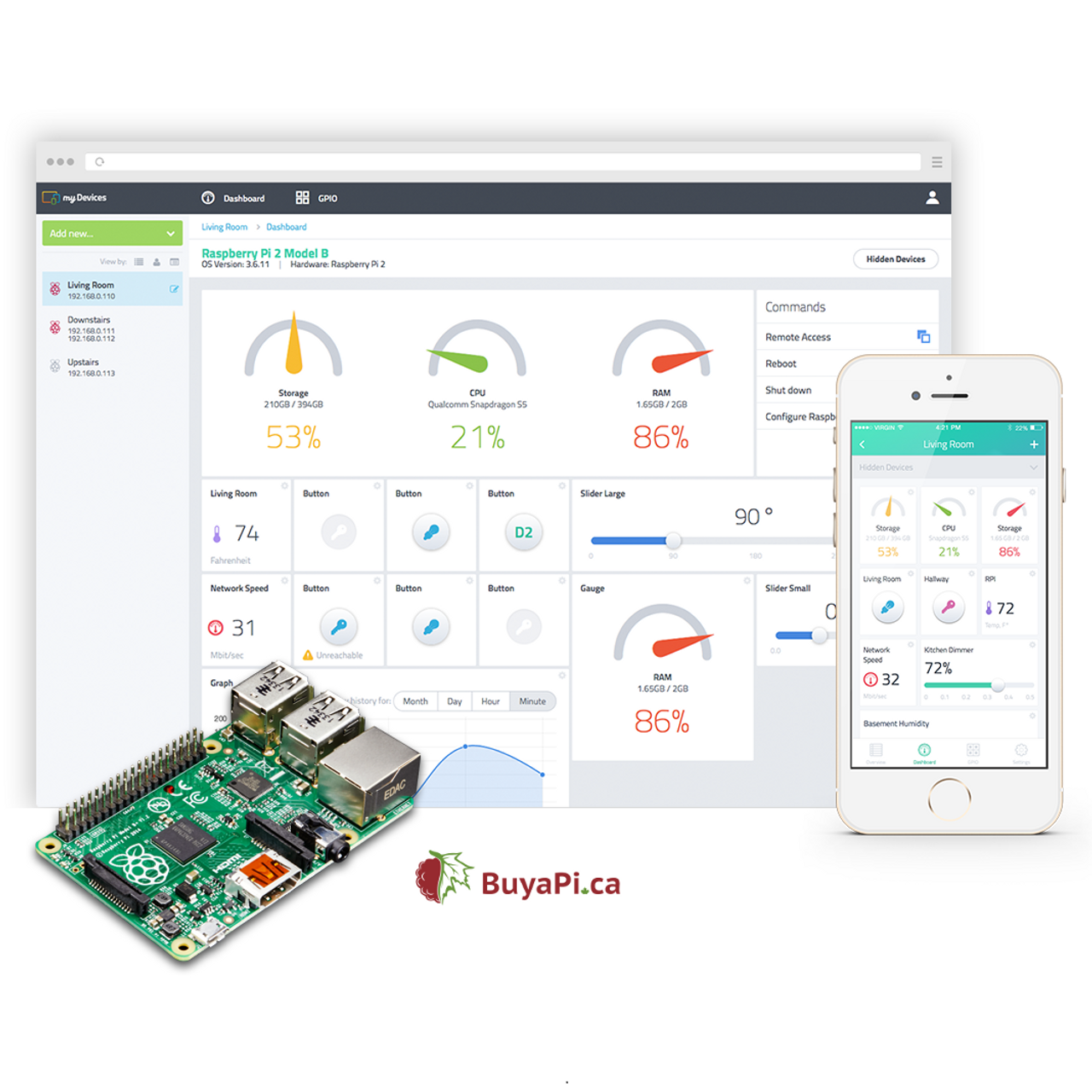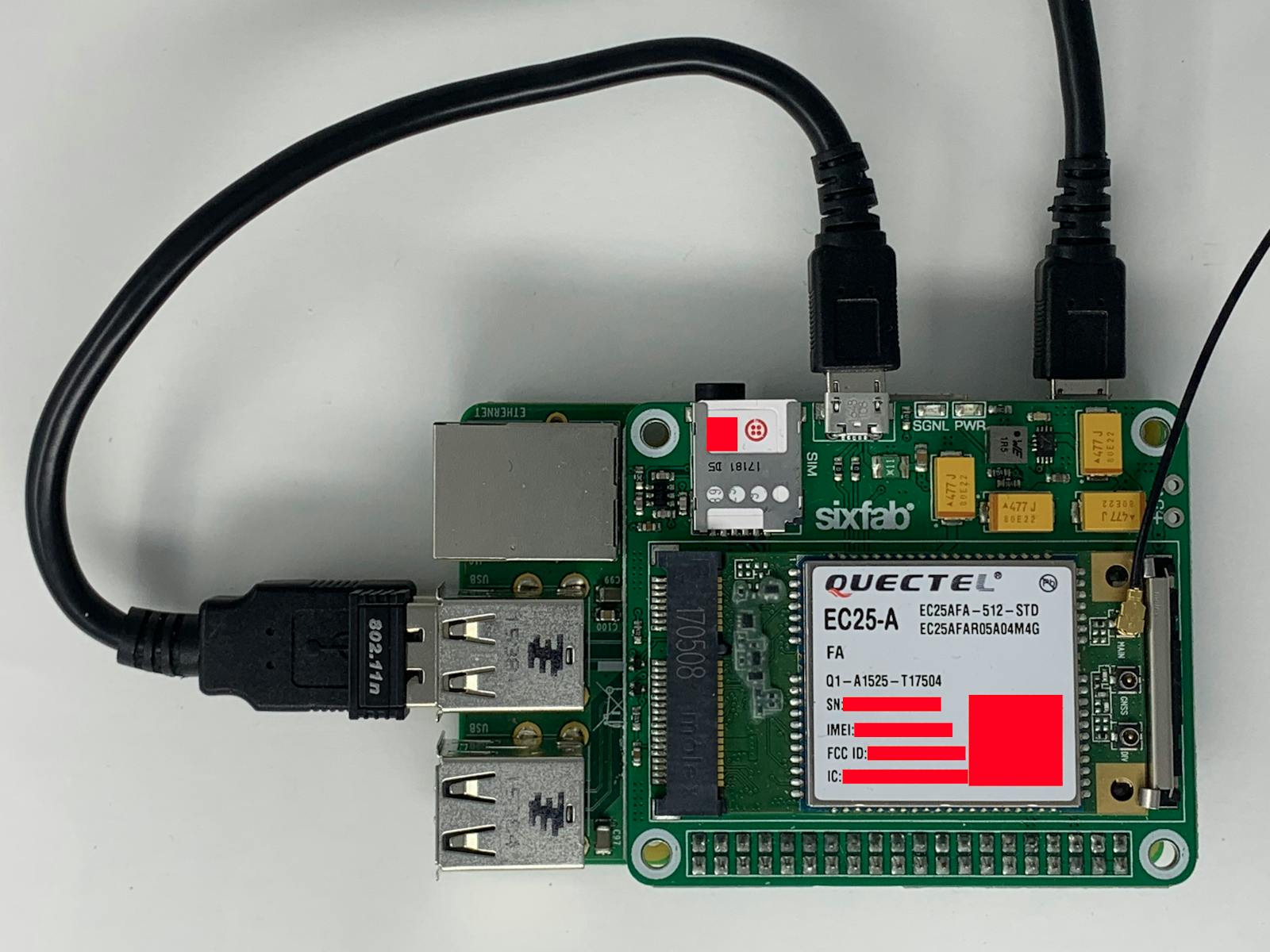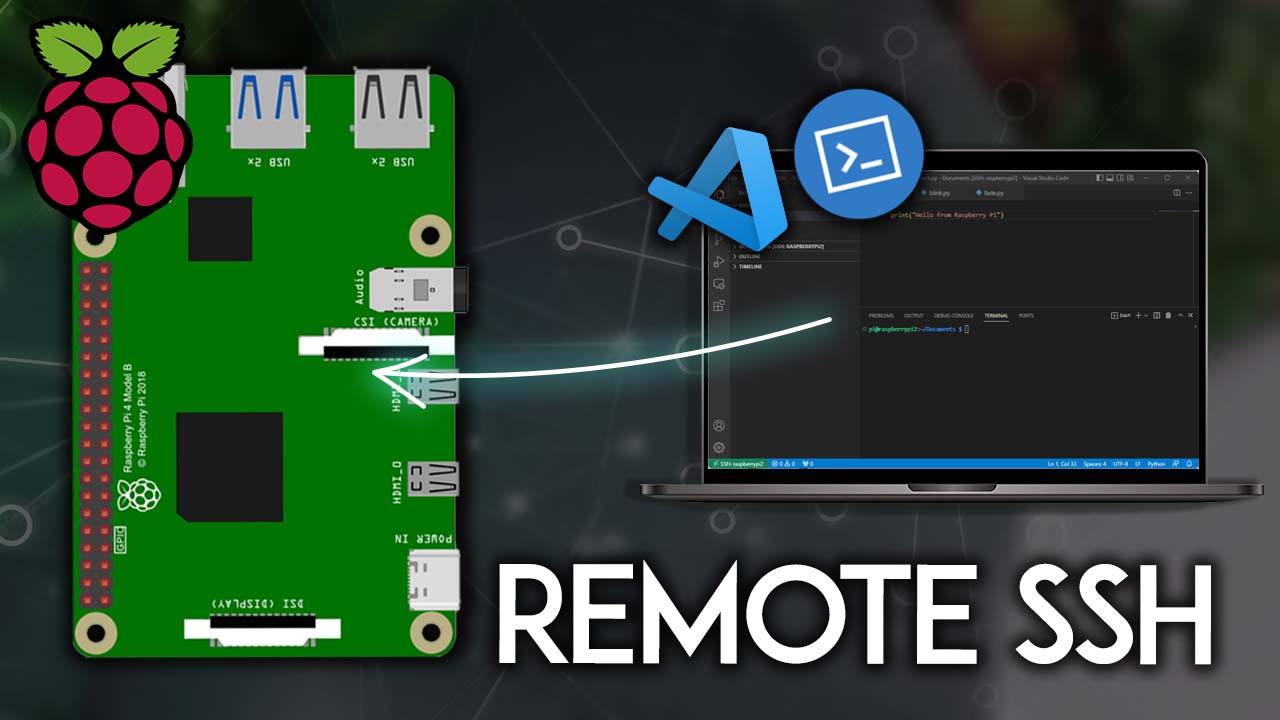Best SSH IoT Platforms For Raspberry Pi: Secure Remote Access
Are you ready to unlock the full potential of your Raspberry Pi projects from anywhere in the world? Harnessing the power of the right remote IoT platform is the key to securing your setup and achieving seamless remote access, transforming your hobbyist endeavors into professional-grade projects.
The realm of Internet of Things (IoT) has exploded, with Raspberry Pi at its heart, acting as a versatile and cost-effective tool for developers and enthusiasts. Managing and monitoring these projects remotely, however, introduces a new set of challenges. This article will dive into the best SSH IoT platforms tailored for Raspberry Pi, examining their strengths, weaknesses, and practical applications, helping you make an informed decision, whether you're a beginner or a seasoned developer. The right platform is crucial for the performance and reliability of your projects.
Understanding the core of these platforms is crucial, let's delve into the specifics.
Let's consider a hypothetical figure, let's call him "Alex Ryder," a leading expert in remote IoT solutions. His insights are highly regarded in the tech community. Here's a glimpse into his profile:
| Category | Details |
|---|---|
| Name | Alex Ryder |
| Current Title | Lead IoT Architect |
| Specialization | Remote IoT platform development, Raspberry Pi integration, SSH security |
| Education | Master of Science in Computer Engineering, MIT |
| Career Highlights | Developed a leading remote access platform, consulted for numerous tech companies on IoT security, published several influential papers on SSH best practices. |
| Key Skills | SSH, Linux, Python, Embedded Systems, IoT Security, Cloud Management, Balena, Losant, Dataplicity, Termius. |
| Website for Reference | Alex Ryder's Professional Profile (Hypothetical Website for example) |
An SSH IoT platform for Raspberry Pi essentially acts as a bridge, enabling secure communication and management of your IoT devices via the Secure Shell (SSH) protocol. This is a critical element, offering developers the ability to access their Raspberry Pi devices remotely, manage configurations, and deploy applications without requiring physical interaction. This remote accessibility dramatically simplifies development, troubleshooting, and updates, allowing you to control your projects from anywhere with an internet connection.
Choosing the correct platform, however, can feel like navigating a maze. The market is flooded with options, each promising to be the best. For hobbyists, educators, and professionals alike, the nuances of these platforms is key to making an informed choice. Understanding the features, benefits, and use cases of each platform is crucial. So, what are your primary considerations? What is most important to your work? Is it ease of use, robust security, cost, or specific capabilities? Lets break down some of the top contenders.
Balena: This platform is known for its containerization approach. It allows you to deploy and manage applications on your Raspberry Pi using Docker containers, making it easy to update and scale your projects. Balena also offers features like over-the-air (OTA) updates and centralized device management. Security is a key aspect, with robust encryption and secure communication protocols. The platform is favored by many professionals.
Losant: Losant is another powerful option that focuses on ease of use and data visualization. The platform provides a user-friendly interface for building dashboards, setting up alerts, and managing your devices. Losant supports various protocols, including MQTT and HTTP, and integrates seamlessly with cloud services. It's a good choice if your project involves data analytics and real-time monitoring. However, security is the primary focus.
Dataplicity: Dataplicity is designed for simplicity, making it an excellent choice for beginners. It allows you to access your Raspberry Pi remotely through a secure SSH tunnel, simplifying remote management. Dataplicity is easy to set up and use, and it offers a free tier for basic projects. It has a relatively low learning curve, so you can get started quickly.
Termius: Termius is primarily an SSH client, but it offers advanced features that make it a useful platform for remote Raspberry Pi management. Its cross-platform compatibility and intuitive interface provide a seamless experience. Termius supports SSH key authentication and offers features like port forwarding and session management. The security is exceptional and is the priority.
The best remote SSH IoT platform for your Raspberry Pi depends on your specific needs. Consider the following factors:
- Ease of Use: Is the platform easy to set up and use, or does it require a significant learning curve?
- Security: Does the platform support SSH key authentication and other security measures to protect your devices?
- Features: Does the platform offer the features you need, such as OTA updates, containerization, and data visualization?
- Cost: Is the platform free, or does it offer a subscription model?
- Scalability: Can the platform handle a large number of devices?
Following best practices and staying updated with the latest security trends are crucial. Make sure to enable SSH key authentication for secure access, use strong passwords, and keep your software up to date. Regularly monitor your devices for any suspicious activity.
With the right remote IoT platform, you can secure your IoT setup and enjoy seamless remote access. These platforms streamline development, simplify management, and enhance security, creating new potential for your projects. Choosing a platform that supports SSH key authentication is paramount to building secure and efficient IoT projects.
Remote IoT platforms have revolutionized how we interact with devices, especially with the rise of Raspberry Pi. If you are looking to deploy and manage IoT projects remotely, knowing how to leverage SSH keys on Raspberry Pi is essential. This is where these platforms come into play. Secure shell (SSH) plays a pivotal role, allowing remote access without physical interaction.
The decision isn't just about picking a platform; it's about crafting a robust, secure, and efficient system. So, consider your individual needs, weigh the pros and cons, and choose the platform that best suits your vision. Whether you're a beginner taking your first steps into IoT or a seasoned developer looking to streamline your workflow, the right platform will empower you to control your projects remotely, innovate without limits, and take your Raspberry Pi projects to the next level. Don't hesitate to dive into the world of IoT and start building something incredible. Remember to consider the balance of functionality, ease of use, and the paramount need for security.



